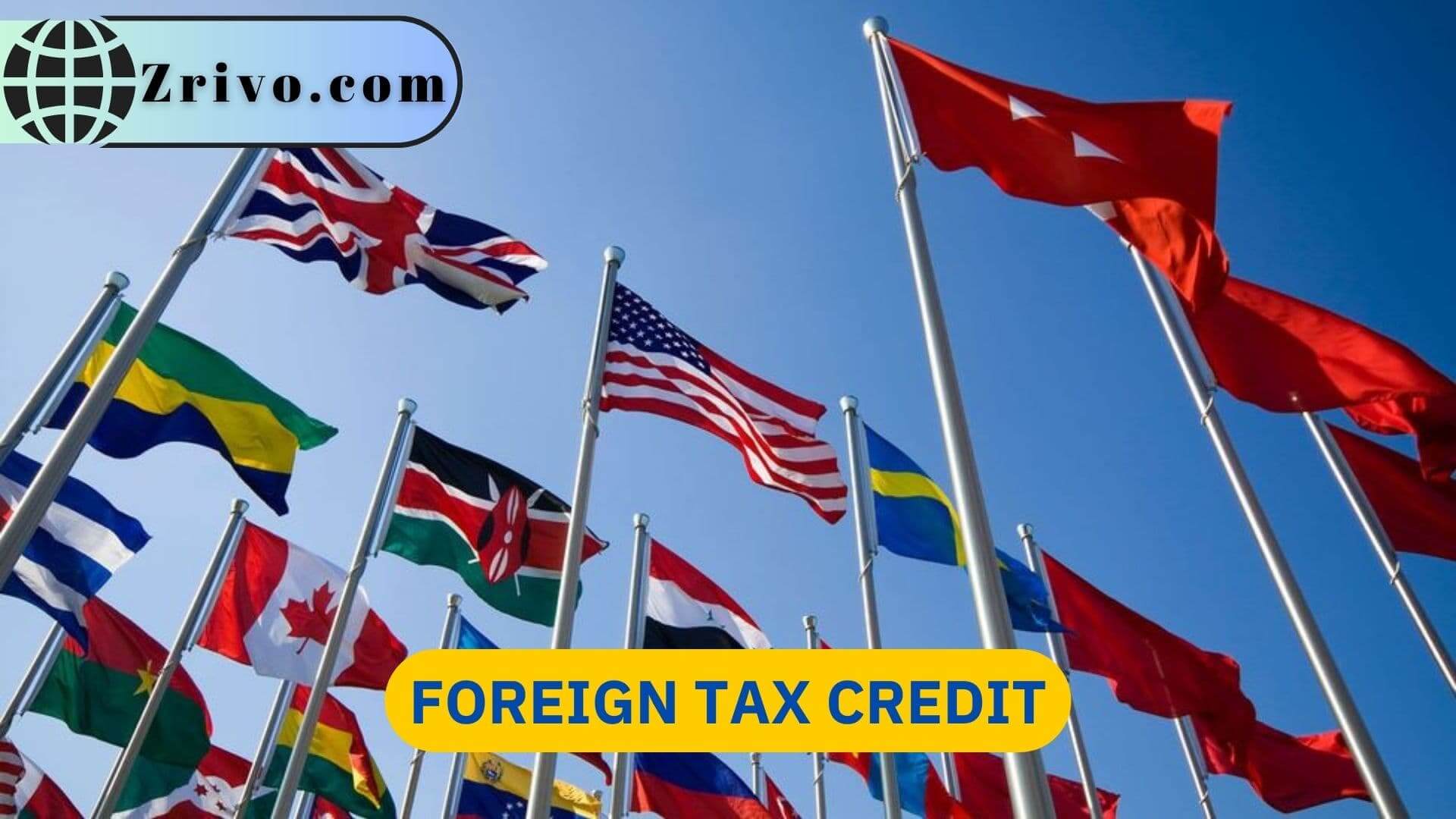
The Foreign Tax Credit is one of many safeguards the U.S. government has put in place to help ex-pats avoid double taxation on their foreign-sourced income. It’s a dollar-for-dollar offset against your U.S. tax bill. It can be a lifesaver for many Americans living abroad. The credit is available for both individuals and businesses that have paid or accrued foreign income taxes. These can include both income taxes and in-lieu-of taxes. The foreign tax credit can be applied to any foreign source income that has yet to be excluded from your U.S. taxes through the Foreign Earned Income Exclusion. This can include wages, self-employment income, pensions, and interest from investment assets held overseas. You can use the foreign tax credit to reduce your U.S. taxes by up to 10% of your total foreign-sourced income, including any passive or capital gains. You can carry over any unused foreign tax credits for a period of 10 years.
You may not qualify for the credit if your total income is above certain limits, and some tax systems do not even allow the credit for their worldwide income tax. If you’re living in a country with a high-income tax rate, this is an important way to offset the impact of that tax on your U.S. taxes, and it can reduce your total tax bill by as much as half. Another benefit of the Foreign Tax Credit is that you can carry over excess credits to future years, up to a 10-year limit. If you are short on credits this year, you can use the carry-over to cover the difference and prevent double taxation.
However, be aware that the rules for qualifying for the Foreign Tax Credit are extremely complicated. There are stipulations on what counts as foreign “income” taxes, so it’s important to consult with your accountant or financial advisor before claiming this credit.

Who is Eligible for the Foreign Tax Credit?
The Foreign Tax Credit can be a huge lifesaver for many Americans living abroad and worrying about paying twice on their foreign-sourced income. However, it’s not just anyone who can benefit from this tool. You need to meet certain eligibility requirements in order to claim the FTC:
- You must have already paid or accrued the foreign income tax you claim. If you don’t, it won’t count toward your FTC, and you will have to pay the full amount yourself.
- You must be required to pay the tax in your resident country. That means you won’t qualify for the FTC if you live in Australia, and Australian taxes are automatically deducted from your paycheck.
- You must have a bona fide residence in your resident country for the entire tax year in which you are claiming this credit. That’s a pretty big qualification, and it’s something that ex-pats must consider carefully before deciding whether they want to claim the FTC.
To claim the foreign tax credit, you must complete and file IRS Form 1116. It is a complicated form that collects information related to your foreign taxable income or loss and the taxes you have paid or accrued abroad.